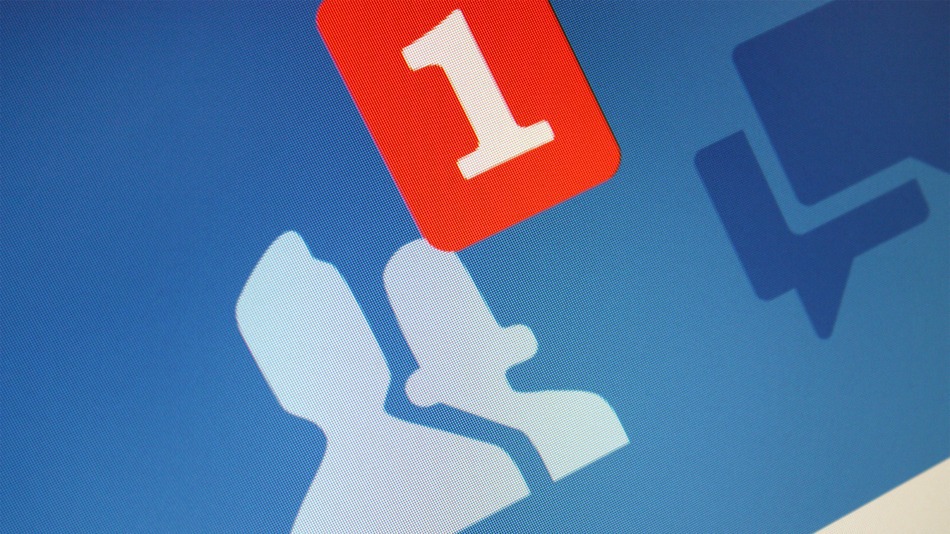Facebook has agreed to censor Charlie Hebdo cartoons of the prophet Muhammad (peace be upon him) in Turkey, bowing to pressures over the offensive images which angered Muslims worldwide.
"These companies might be US-based but their users are global - they have to respect local traditions and customs," cybersecurity expert Prof Alan Woodward from Surrey University told BBC earlier this week.
"They are obliged to obey the laws of the country - the key is transparency.
"There's danger in a government censoring what people in a country see, so the people deserve to know if something is being censored."
The decision announced by the Facebook and reported in media followed threats from a Turkish court to block access to the entire site if the images were not blocked.
The site is believed to have around 40 million members in Turkey.
Turkey represents a huge potential audience for US tech companies, with its growing population of young digital natives and its rapidly transforming economy.
Facebook publishes a report of requests from governments around the world for user data.
The latest report, which covers the period January - June 2014, shows that 1,893 "content restrictions" were made inside Turkey during that time.
Earlier in 2014, Turkey temporarily blocked access to both Twitter and YouTube.

